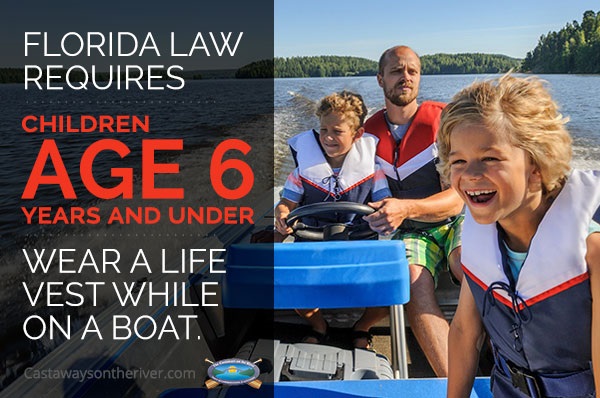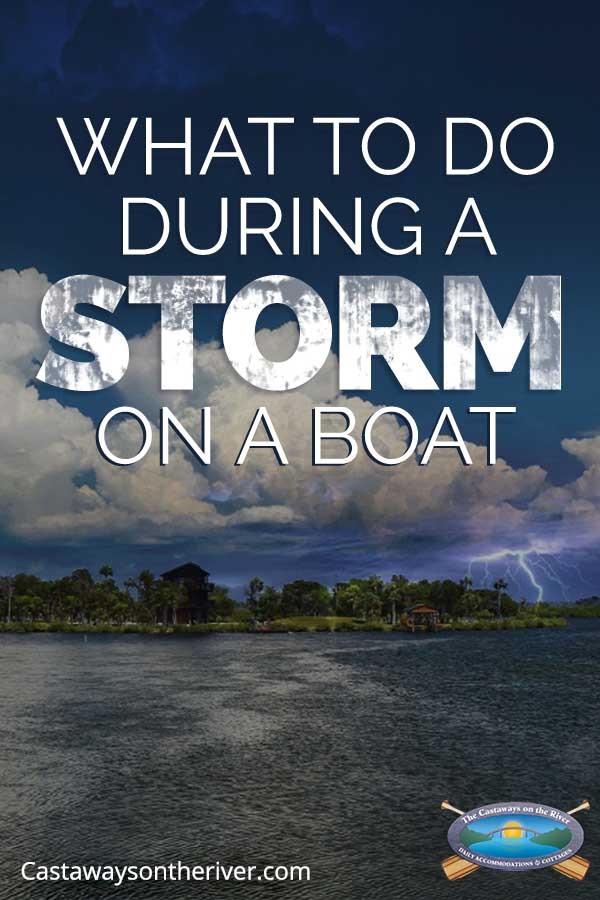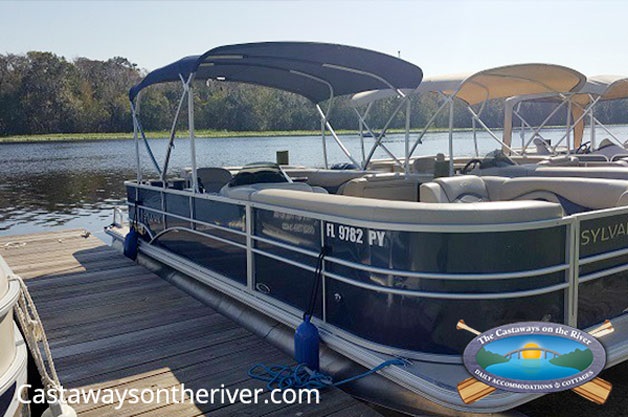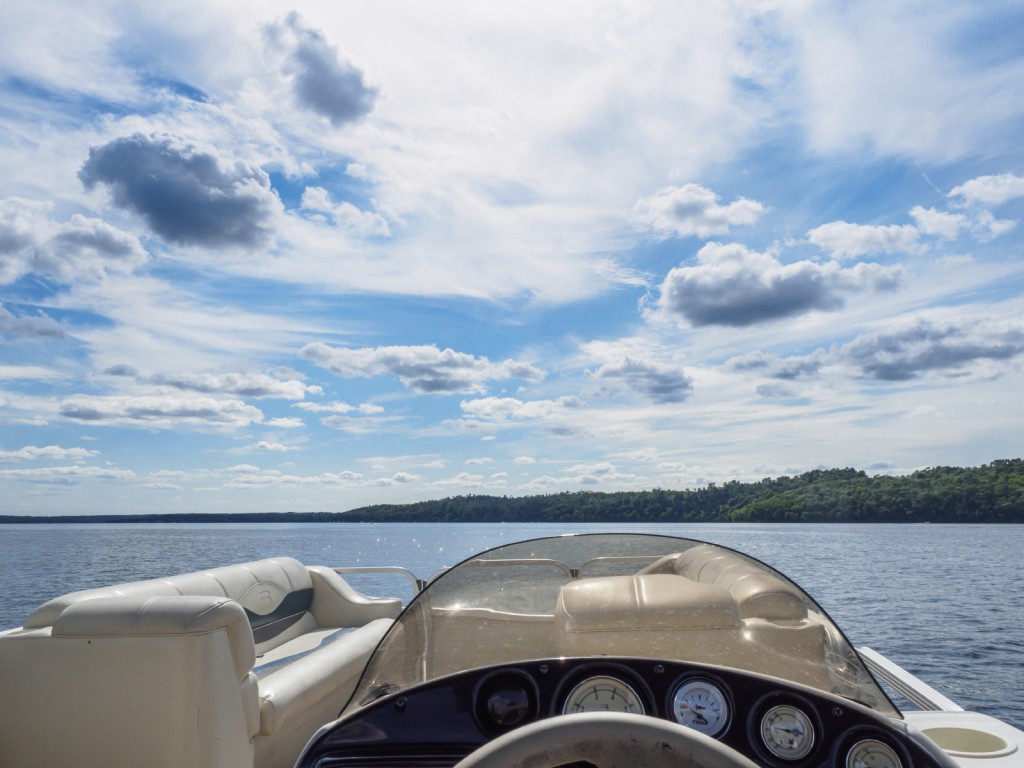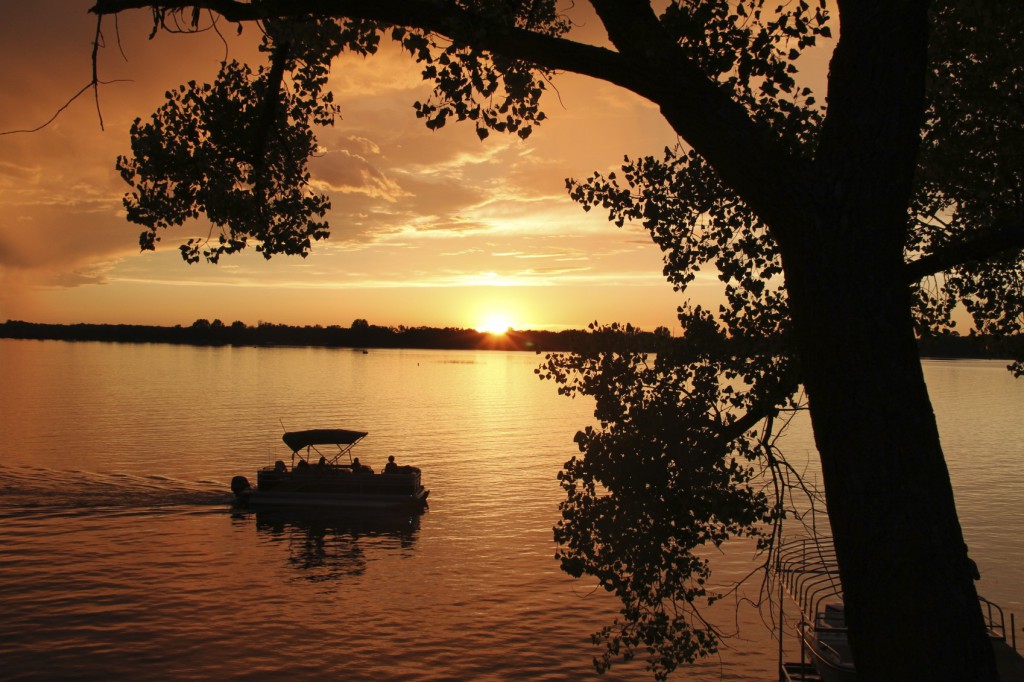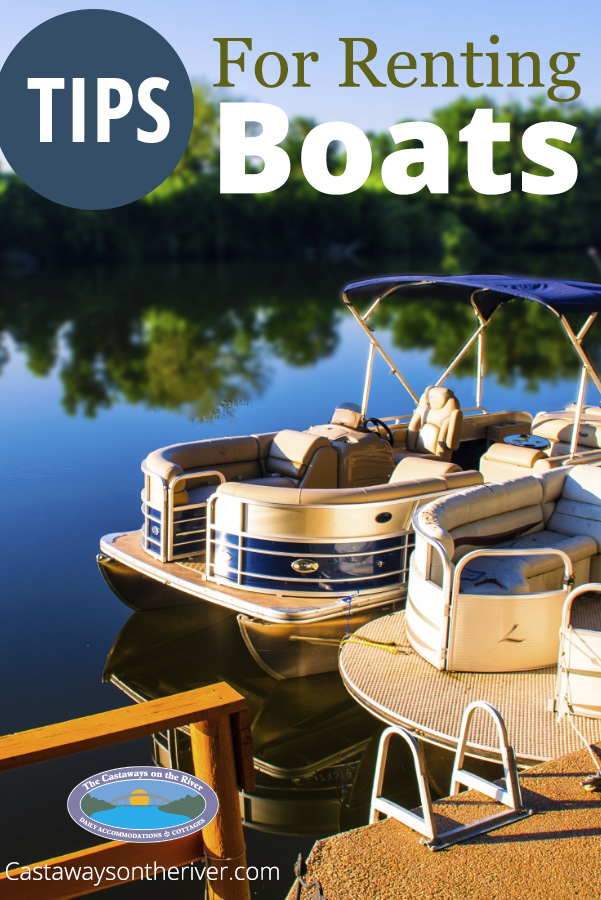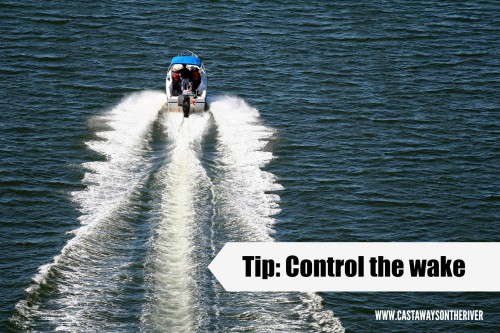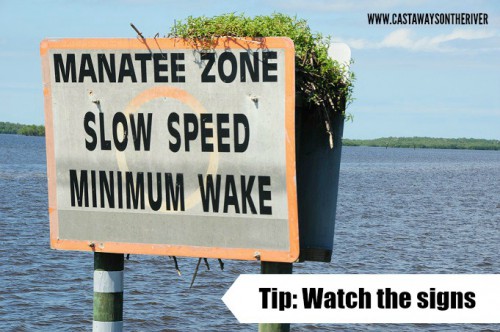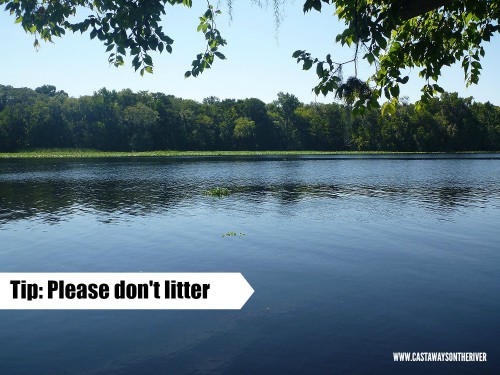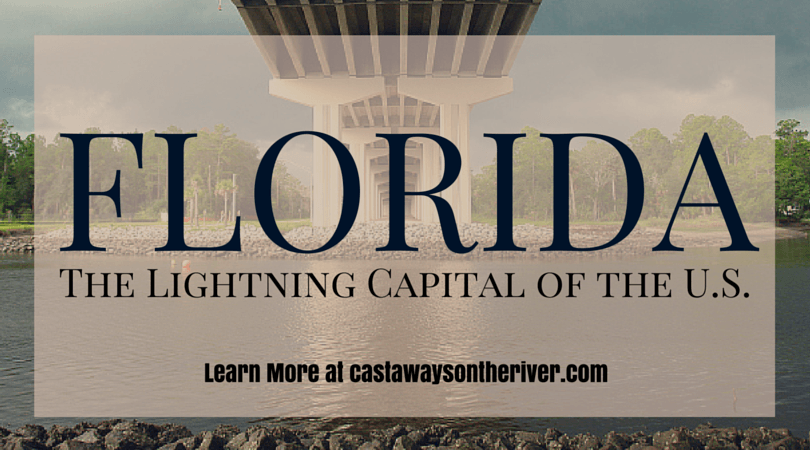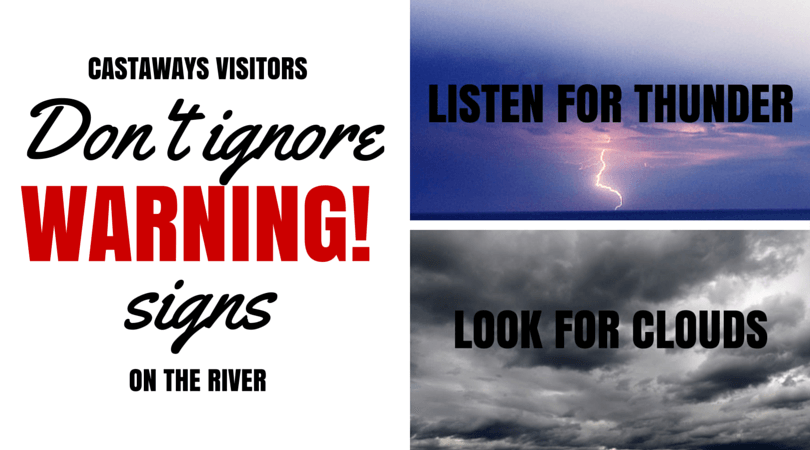Whether you’re a seasoned captain or a novice navigating the Florida waters, you’ll need to navigate through the requirements and laws that ensure safety and compliance when boating in Florida. Let’s dive into the essentials and requirements to operate a boat in freshwater streams or just off the coast. So, grab your captain’s hat and let’s head into the insight of Florida’s boating laws!
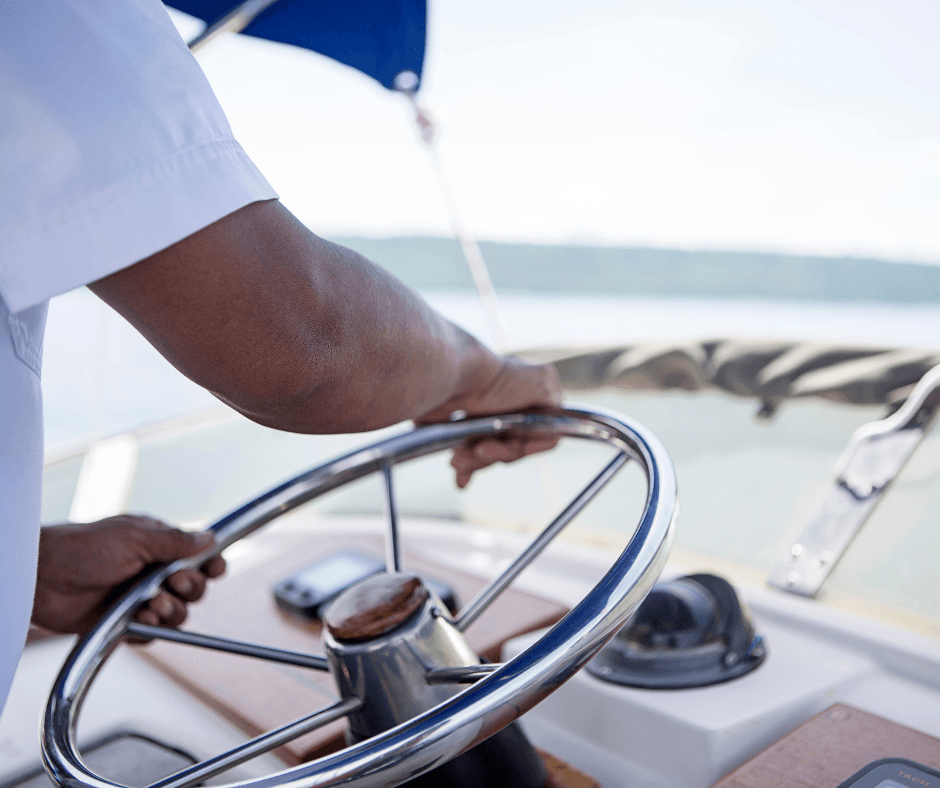
Requirements to Operate a Boat in Florida
Before you can embark on your boating journey in Florida, you need to meet certain requirements. First and foremost, anyone born on or after January 1, 1988, is required to complete a boating safety education course, approved by the Florida Fish and Wildlife Conservation Commission (FWC). This applies to operators of vessels with 10 horsepower or more. The course covers topics ranging from navigation rules to emergency procedures, ensuring every captain is knowledgeable in the essentials of safe boating.
Safety Equipment for Personal Watercraft
Safety first – a mantra that resonates when it comes to personal watercraft (PWC) in Florida. For PWC operators, the law mandates the use of a U.S. Coast Guard-approved personal flotation device (PFD) and a lanyard-type engine cutoff switch. These precautions enhance safety and minimize the risks associated with PWC operation. When renting a boat from Castaways on the River, we ensure your safety gear is in place!

What are the age requirements to drive a boat in Florida?
The allure of captaining a boat often begins at a young age. In Florida, aspiring young individuals can take the helm as early as 14 years old, but certain conditions apply. To operate a boat powered by a motor of 10 horsepower or more, a 14 or 15 year-old must complete a boating safety education course approved by the FWC. Additionally, they must be accompanied by an adult who is at least 18 years old and possesses the required boating education. Note that individuals must be 18 years of age or older to rent a boat at Castaways on the River.
Boating Options at Castaways on the River
When embarking on a boating adventure with Castaways on the River, it’s essential to familiarize yourself with the boat rental policies. We offer both full and half-day rentals. Keep in mind boat rentals are confined to an 11-mile boundary North and South of Castaways on the River, as indicated on the authorized areas map. If your furry friend is joining the voyage, four boats are designated as dog-friendly, allowing one dog per boat! For a full list of our boat rental information please visit our boat rental page or contact us by calling 352.759.3422!
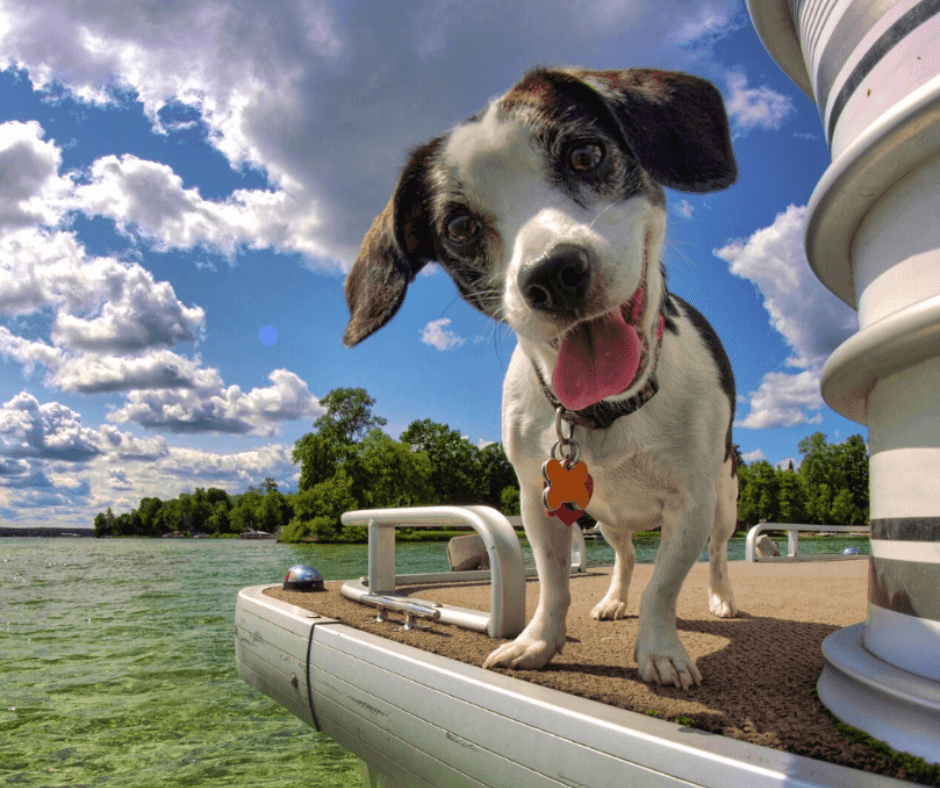
From mandatory safety education courses to legal amendments, understanding state requirements ensures your boating experiences are enjoyable but also responsible. Ready to take on the river? Be sure to view our boat rental options at Castaways on the River. Tag us on X, Facebook and Instagram with #CastawaysontheRiver to share your day boating on the St. Johns River!
